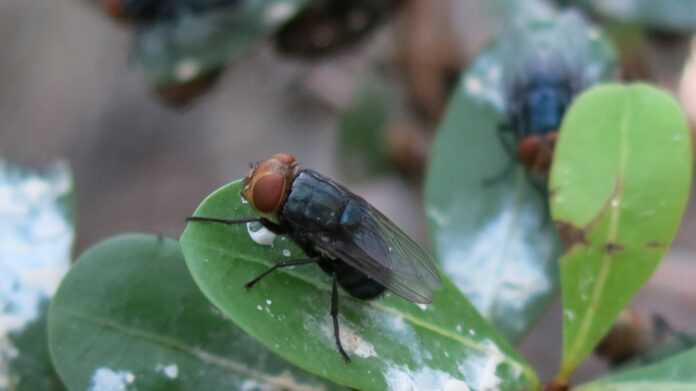SALEM, Ohio — The deadly New World Screwworm is spreading rapidly northward through Mexico, with detection reaching as far as Oaxaca and Veracruz — less than 1,000 miles from Texas.
In response, U.S. Secretary of Agriculture Brooke Rollins announced on May 11 the immediate suspension of all live cattle, horse and bison imports through U.S. ports of entry along the southern border.
The transportation of live animals coming from or passing through Mexico will be restricted by U. S. Department of Agriculture’s Animal Plant Health Inspection Service and Customs and Border Protection until the screwworm has been contained for what a press release described as a sizable window of time. The import embargo is planned to continue on a monthly basis with a review of the most recent data and metrics coming in two weeks.
According to APHIS, the name screwworm refers to the maggots’ feeding behavior as they burrow into the flesh of a living animal, feeding as they go like a screw being driven into wood, causing extensive damage tearing at the hosts’ tissue with sharp mouth hooks. The wound can become larger and deepen as more maggots hatch and feed on living tissue, with often deadly consequences to the animal.
To eradicate screwworm, federal officials will closely monitor for any signs of the insect while also teaching farmers and communities how to detect and treat it early. They will also release sterile flies to help stop the screwworm from reproducing. Suspending livestock transport through southern ports of entry will help to limit the screwworm’s spread and allow the United States to assess whether its efforts to stop it are enough.
The USDA is taking every possible precaution to monitor for and limit the northward movement of NWS, including the use of Tick Riders, mounted patrol inspectors employed by APHIS who watch for the introduction of cattle fever ticks into the United States, to monitor livestock and wildlife along the southern border region between ports of entry for the presence of the screwworm.
The National Cattlemen’s Beef Association expressed support for the decision to close the southern border due to the continued spread of screwworm, stating that while the border closure will cause economic harm to U.S. farmers and ranchers, as well as supply chain disruptions, “the costs will be far less than if New World screwworm crosses into the United States and we’re forced to fight the pest on U.S. soil.”
In the past, the screwworm has been eradicated — as early as 1966 in the U.S. and by 1982 in Mexico — at a cost of billions of dollars, and it took decades before the pest was finally eliminated. Now that the screwworm has returned, it continues to pose a severe threat to the health of American animals, food supply and the country’s security, the USDA’s press release read.










